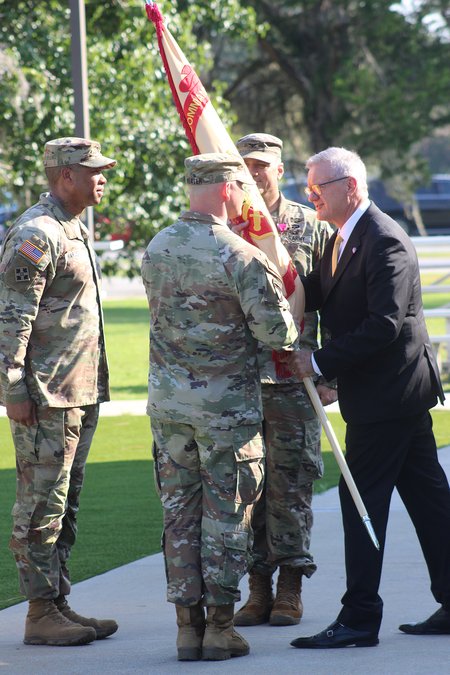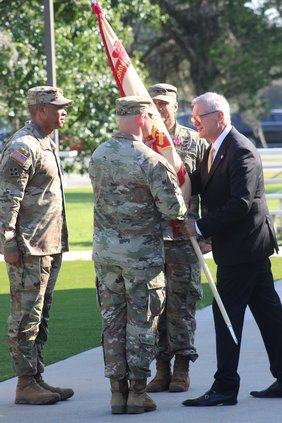Back in the land of my birth, half the nation is rejoicing and the other half is complaining as the temperature reaches record highs of – wait for it – 84 degrees Fahrenheit.
This compares to the average U.K. high temperature for July of 69 degrees. Of course, the British are more likely to talk about Celsius measurements as the official system is metric, but most of them – especially the older generation – understand the Fahrenheit temperature scale.
I have a personal theory about why most British just can’t take high temperatures, and it is not just because they are not used to it. I put it down to the lack of air-conditioning, availability of ice and good refrigeration.
Let’s start with ice. When we lived in the U.K., I could never understand why my husband complained about not having enough ice in drinks. If you go to a bar or restaurant in the U.K., you are likely to get one or two little ice cubes in a drink.
If you ask for “on the rocks” they assume you are American – and even then, they might struggle to find enough ice to satisfy most American’s preference to keep their drinks cold and highly diluted. However, I now count myself among those Americans, since after nine years, I too am addicted to lots of ice.
Now, this is linked to efficient refrigeration. Let me tell you about the average British refrigerator. It is about half the size (at best) of American ones and normally fits under the counter in the kitchen – about the size of an American dishwasher. It is very rare for these little fridges to have a built-in ice maker.
Most British have a small ice tray or two in their shoebox-size freezer compartment, but most wouldn’t even think about putting ice into a glass of water or lemon squash, which is what the British call lemonade.
Everything is just smaller in the U.K. – fridges, kitchens, homes, roads and grocery stores. Remember there are at least 66 million people living in a land mass the size of Michigan. So space for everything, including refrigerators, is at a premium.
Let’s move on to air-conditioning. This is generally regarded as a luxury in the U.K., although it has become more common in cars and offices than it was when I emigrated here in 2009. Nevertheless, it is very rare for homes to have any type of air-conditioning system in place as most people live in small and well-insulated houses or flats (what the British call apartments).
This does genuinely make dealing with high temperatures difficult over there. I remember how surprised everybody was when my husband insisted on the great investment of fitting our 1920s-era house with air-conditioning in our bedroom and study – but also how grateful we were for this when England did occasionally heat up. A British Broadcasting Company report said that “The U.K. is a country of radiators,
not air-conditioning.” They went on to say that, according to a Mintel report in 2008, just 0.5 percent of residential properties had any form of air-conditioning. Visit www.bbc.com for more.
I will leave you with an interesting quote from Singapore's founding father, Lee Kuan Yew. Following the Second World War, he led this country with a tropical humid climate year-round from a small island nation with almost no natural resources into one of the wealthiest countries in the world.
When asked by magazine New Perspectives Quarterly in 2010 to what he attributes that success, he said: “Air-conditioning. Air-conditioning was a most important invention for us, perhaps one of the signal inventions of history. It changed the nature of civilization by making development possible in the tropics. Without air-conditioning, you can work only in the cool early-morning hours or at dusk. The first thing I did upon becoming prime minister was to install air-conditioners in buildings where the civil service worked. This was key to public efficiency.”
God bless America and stay cool this summer!
Lesley grew up in London, England, and made Georgia her home in 2009. She can be contacted at lesley@francis.com or www.lesleyfrancispr.com.



